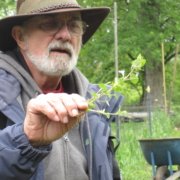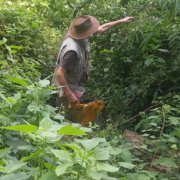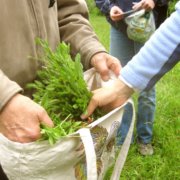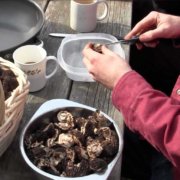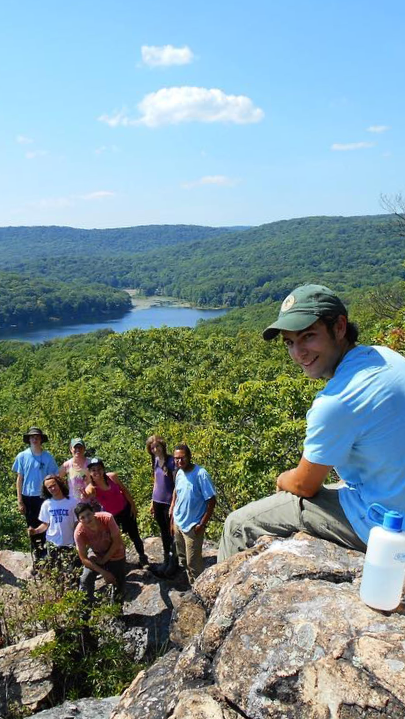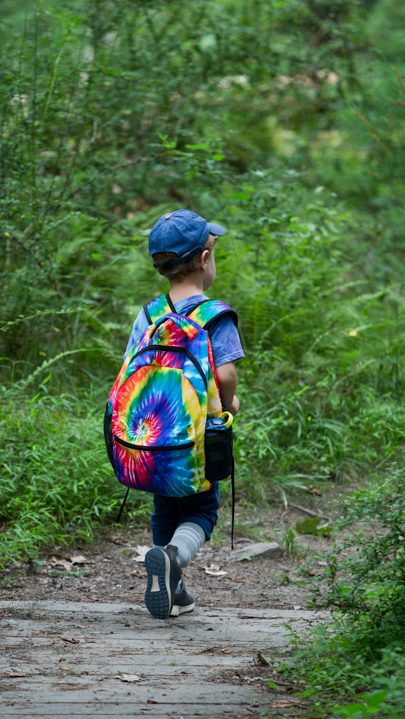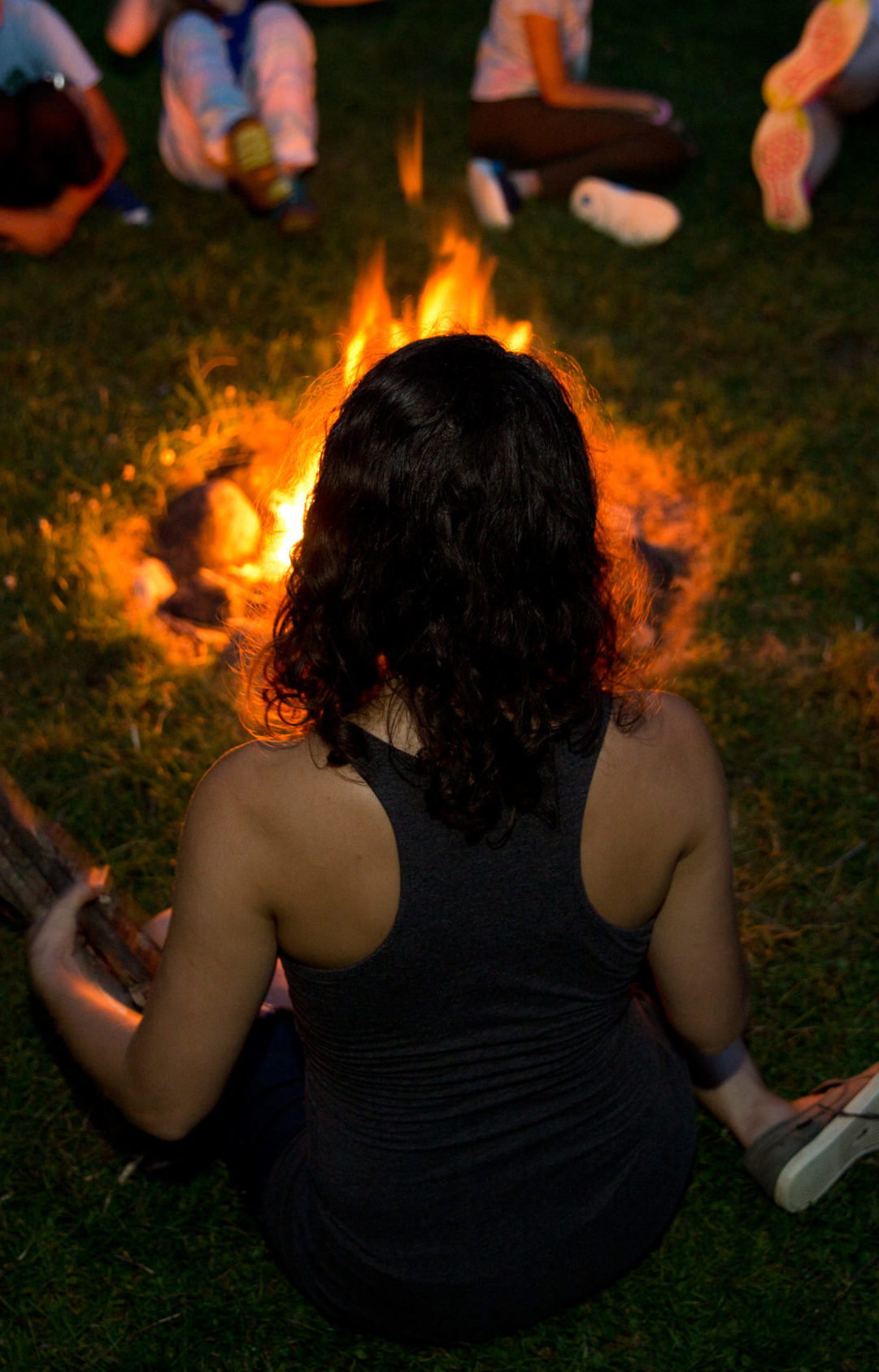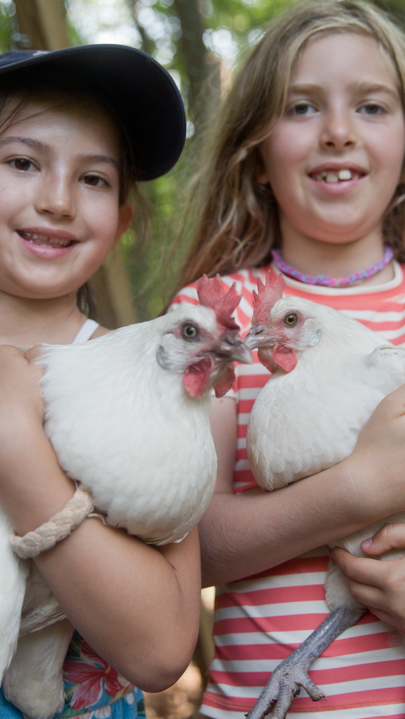The Foraging Life: Off-season Training
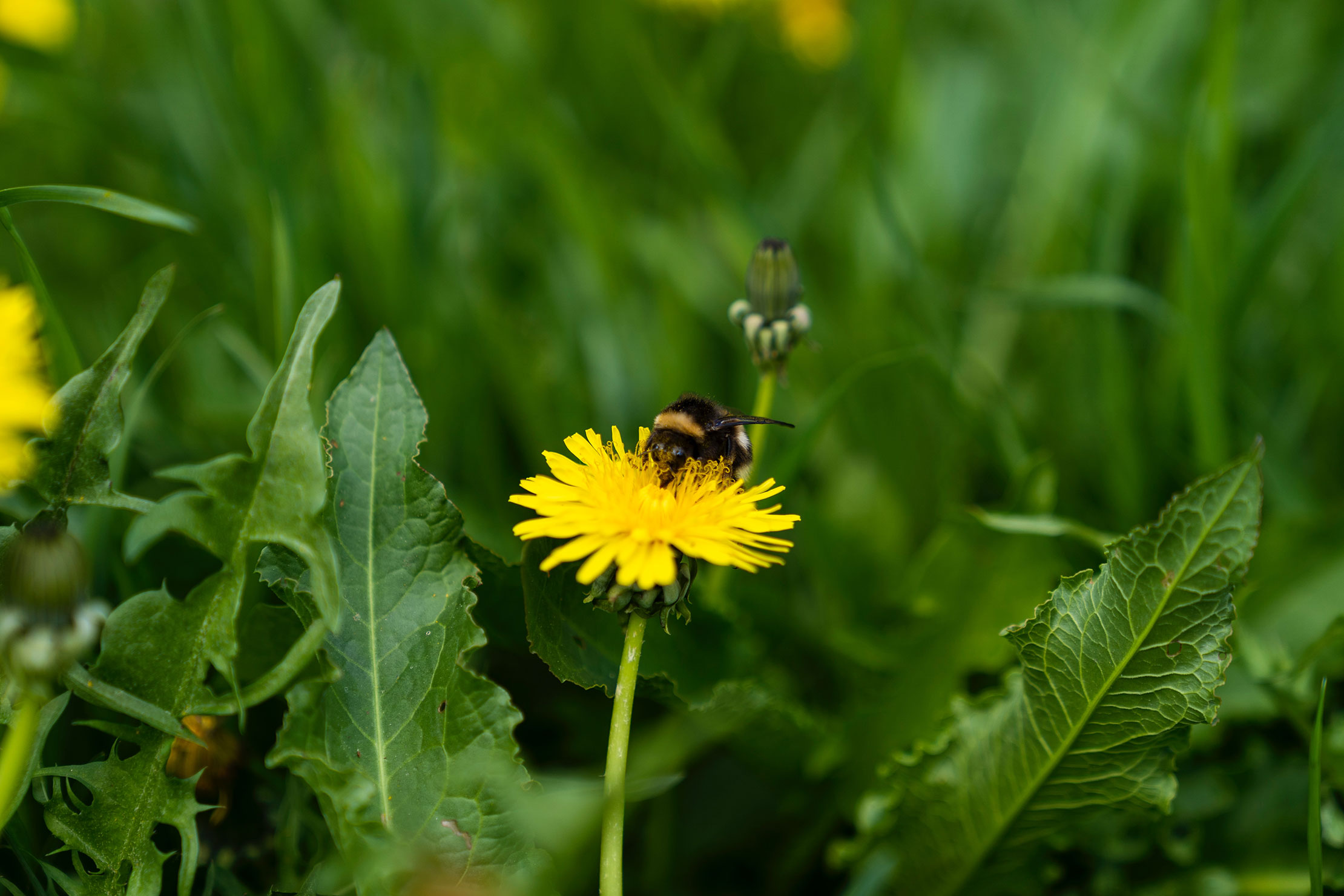
Wild food forager Paul Tappenden ruminates on the foraging life and gives some suggestions for off-season activities…
As a forager, I never received any formalized training. I learned my craft by trial and error. In the beginning, it was more error than trial. But gradually it all started to make sense. Today, the inexperienced forager has a distinct advantage, in that there are now many more practitioners of the ancient skills. These folks now pass on their knowledge through teaching, workshops, social media, blogs and books.
When I started out, books on wild foods contained scant information, much of which was misguided or just plain wrong. Today, there are numerous experienced and well informed foragers who are making the most of the media platforms available. It is now far easier to learn to forage. I encourage you to take a book out of your local library during these winter months and read-up on foraging! You can prepare yourself well for springtime explorations by starting now…
When I first learned to cook (regular food), I knew how to boil an egg, make cheese on toast, and when I was feeling adventurous, how to prepare spaghetti. As I discovered other foods, like rice and canned beans, I began to expand my culinary horizons. Today, I use a wide range of ingredients and cook in several styles.
Foraged foods were much the same, in that I started out knowing and using only one or two plants, but gradually, I introduced new wild ingredients to my culinary portfolio, until I became a proficient wild foods chef. Again, I always encourage folks to take advantage of the increased time we spend indoors this season by practicing expanding their cooking repertoire!
I look forward to passing on some of the knowledge I’ve gained in these areas to the campers at The Nature Place Day Camp this summer, as I do every summer.
